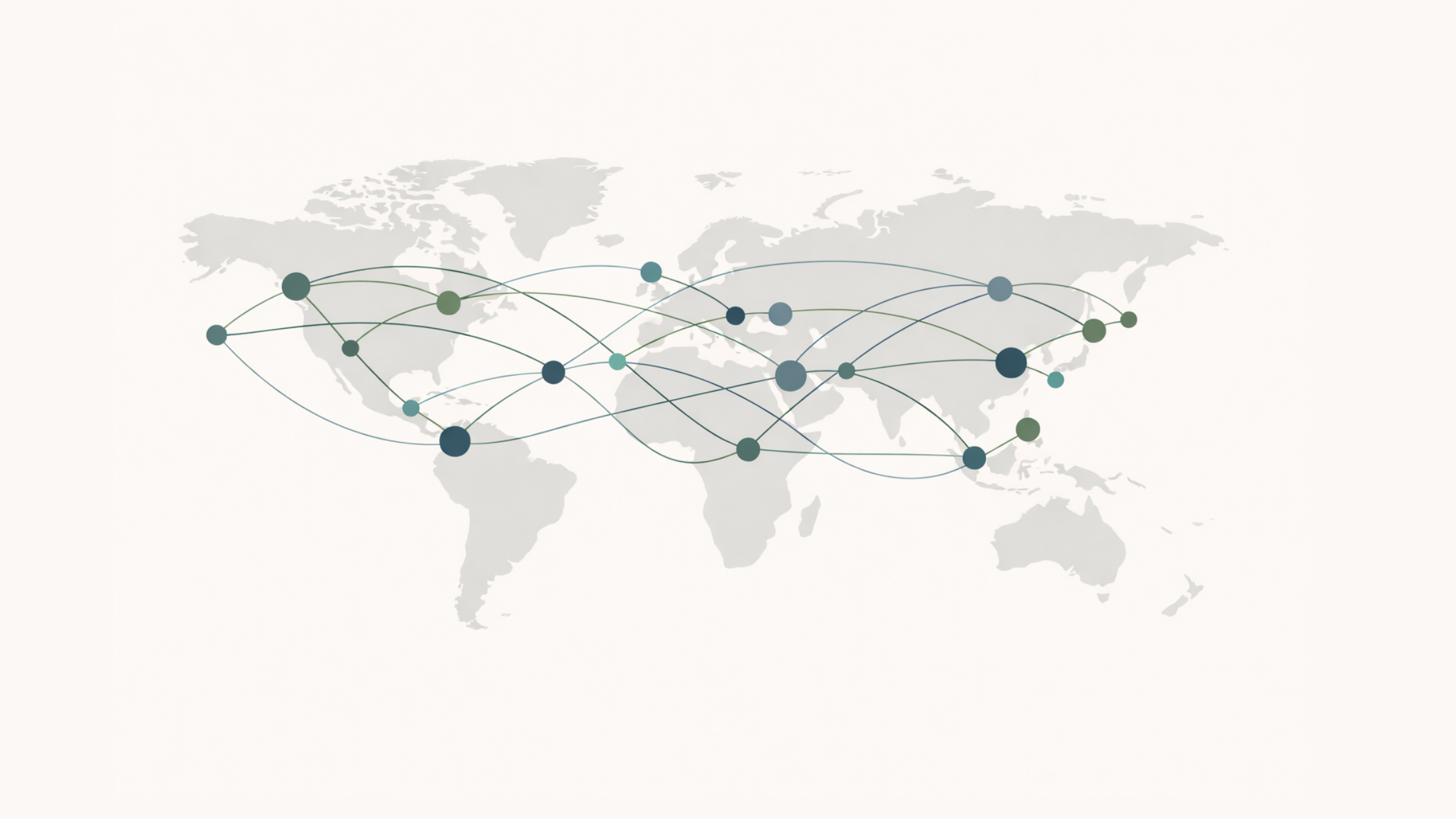We recently offered ratings data from our CSRHUB CSR ratings tool on which countries have the most socially-responsible and sustainability-oriented companies. We were able to check our data against the UN’s Human Development Index, and show that our ratings supported their scores.
I thought I’d carry this analysis a step further, and see how company CSR scores in the US varied by state. Is there a clear difference in CSR performance across the US and does it tie to differences in each state’s quality of life?
There are a lot of caveats in a study such as this. In particular, while a company may be headquartered in a particular state, it may have the majority of its operations and employees in other states. Further, while state regulations have some effect on things like employee and community treatment, they have little power over governance and environmental issues. Finally, there seem to be relatively few state-by-state measures of social performance that can be correlated against company performance.
Here is a list of the overall CSR score by state, using our CSRHUB community rating profile as a target. (CSRHUB ratings are personalized to fit the views of each of our individual members and groups. So, there is no “default” or “standard” view to use for this type of analysis. The “CSRHUB community” profile is an average of our active users and therefore is only a rough proxy for the views of our site’s visitors.) As you can see, Hawaii, Vermont, and Maine get the top ratings under this profile and Oklahoma, West Virginia, and Utah were ranked at the bottom.
OK, Vermont has some pretty well known high-CSR companies like Seventh Generation and Green Mountain Coffee Roasters. But it surprised me a bit to see Maine and Hawaii up there. I thought West Virginia and Oklahoma might be near the bottom, but I didn't expect Utah with several software and personal care product companies, to join them.
I looked hard for indexes to compare our scores against. America’s Health Rankings had some interesting figures on personal income, violent crime, and child poverty. A cool site called StateMaster had good info on unemployment, quality of life, and educational levels. Unfortunately, none of these indicators seemed well correlated with our data. Below is a typical one—the correlation between our score and the StateMaster data on the percentage of each state who have an income below the poverty level.
As I mentioned in my post on countries, we firmly believe that company social behavior has an effect on the communities they are part of. As such, we could have hoped for a greater and more apparent connection between our scores and the indexes we studied. The slope of the curve is in the right direction (downward makes sense as better companies should encourage less poverty), but the 6% correlation is not very strong. Our sample size is good—we have studied more than 3,000 US companies. Of course, there are many different social indicators and we might need a more sophisticated, multivariate regression, to prove a connection between these statistics and ours.
In addition, our study universe is based almost entirely on large, publicly-traded firms. We have neglected the horde of smaller companies, institutions, and private businesses who make up the bulk of our “economic society.” Perhaps as our base of business expands, we will start to see more signs of the connection we seek? We hope so.


.png)
